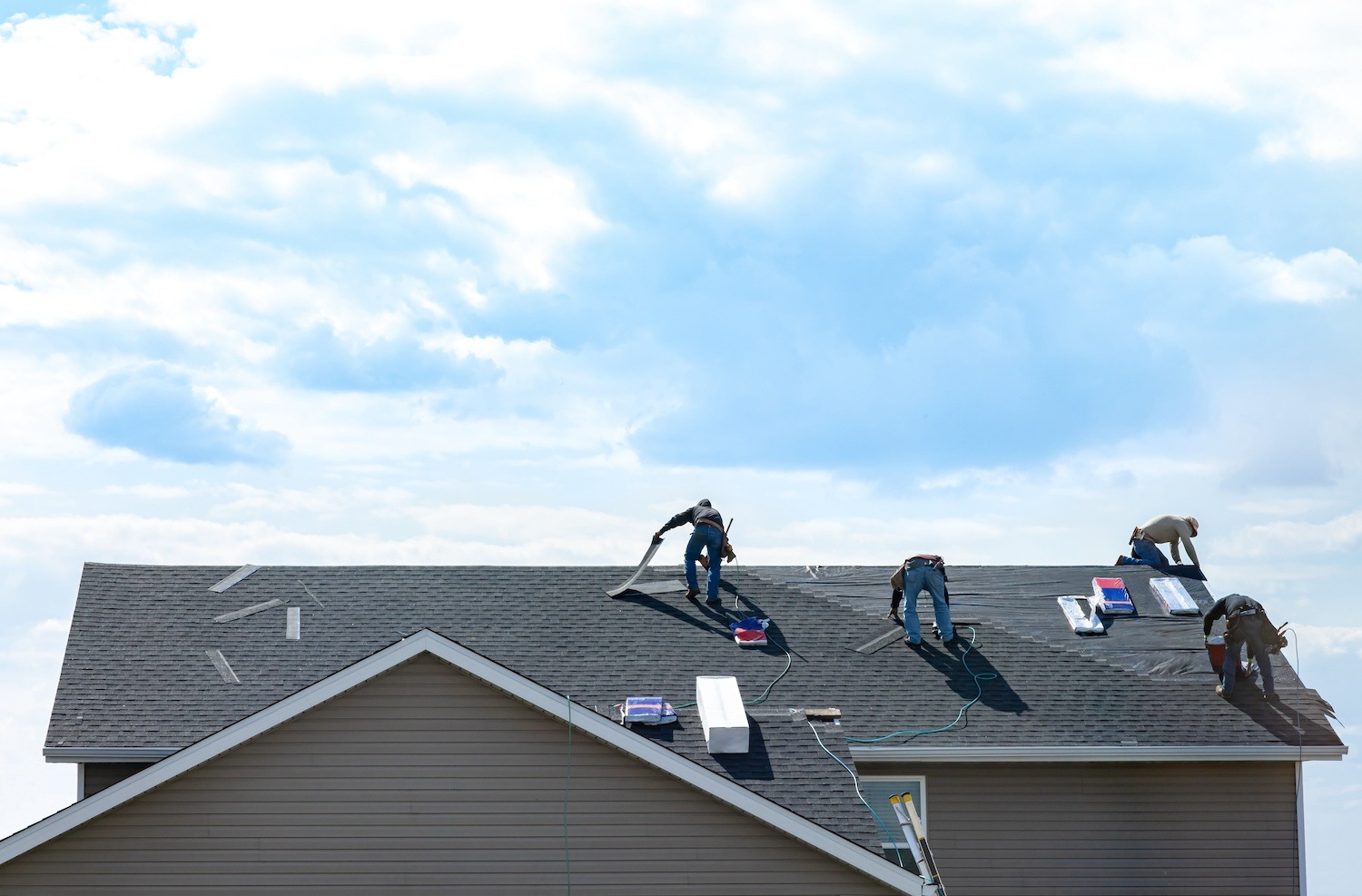

Articles
How Long Is A Roof Warranty
Modified: January 8, 2024
Looking for articles about roof warranties? Discover the length and coverage of different roof warranties in this informative guide.
(Many of the links in this article redirect to a specific reviewed product. Your purchase of these products through affiliate links helps to generate commission for Storables.com, at no extra cost. Learn more)
Introduction
When it comes to investing in a new roof, one of the essential factors to consider is the length of the roof warranty. A roof warranty is a guarantee by the manufacturer or contractor that covers any defects in materials or workmanship for a specified period of time. Understanding how long a roof warranty lasts and what it covers is crucial for homeowners to protect their investment and ensure peace of mind.
However, determining the length of a roof warranty is not always straightforward, as it can vary depending on several factors. In this article, we will explore the factors that affect the length of a roof warranty, the different types of warranties available, and provide insights on how to choose the right roofing warranty for your needs. Additionally, we will delve into what is covered and what is not covered by a roof warranty and offer tips on maintaining your warranty. So, let’s dive in and uncover the ins and outs of roof warranties!
Key Takeaways:
- Ensure to carefully review the terms and conditions of your roof warranty to understand the coverage, limitations, and maintenance requirements, and maintain open communication with the warranty provider for a hassle-free experience.
- Regular inspections, prompt repairs, proper maintenance, and adherence to warranty guidelines are essential to maintain the validity of your roof warranty and ensure maximum coverage throughout the warranty period.
Read more: How Long Are HVAC Warranties
Factors that Affect the Length of a Roof Warranty
Several factors come into play when determining the length of a roof warranty. Understanding these factors can help homeowners make informed decisions when selecting roofing materials and contractors. Here are the key factors:
- Type of Roofing Material: Different roofing materials have varying lifespans and durability. As a result, the length of the warranty can differ depending on the type of material used. For instance, asphalt shingles typically come with warranties ranging from 20 to 30 years, while metal roofs may have warranties of 40 years or longer.
- Manufacturer Guidelines: Each roofing manufacturer sets its own warranty terms and conditions. These guidelines dictate the length of the warranty and may also specify certain criteria, such as proper installation and regular maintenance, to keep the warranty valid.
- Installation Quality: The quality of installation plays a crucial role in the longevity of a roof. Some manufacturers offer extended warranties if the installation is done by a certified roofing contractor who follows their specific installation guidelines. On the other hand, poor installation may result in a shorter warranty or even void the warranty altogether.
- Roofing Contractor: The reputation and expertise of the roofing contractor can also impact the length of the warranty. Reputable contractors with a proven track record of quality workmanship may offer extended warranties as a testament to their confidence in their services.
- Climate and Environmental Factors: The geographical location and weather conditions can affect the lifespan of a roof. Areas prone to extreme weather events such as hurricanes, heavy snowfall, or intense UV exposure may have shorter warranties due to the increased wear and tear on the roof.
It is important to consider these factors when evaluating the length of a roof warranty. By understanding the variables at play, homeowners can make informed decisions that align with their budget, location, and desired lifespan of their roof.
Types of Roof Warranties
Roof warranties can be categorized into three main types: manufacturer warranties, contractor warranties, and insurance-backed warranties. Let’s take a closer look at each type:
1. Manufacturer Warranty
A manufacturer warranty, also known as a material warranty or product warranty, is provided by the manufacturer of the roofing materials. This type of warranty covers defects in the materials used for the roof, such as shingles, tiles, or metal panels. Manufacturer warranties typically have different coverage periods, ranging from 10 years to a lifetime, depending on the quality and type of roofing materials.
It’s important to carefully review the terms and conditions of a manufacturer warranty, as they may specify certain limitations and exclusions. For example, the warranty may require regular inspections, proper maintenance, and installation by a certified contractor to remain valid.
2. Contractor Warranty
A contractor warranty, also known as a workmanship warranty or labor warranty, is provided by the roofing contractor. This type of warranty covers any defects in the installation or workmanship of the roof. Typically, contractor warranties have a shorter duration compared to manufacturer warranties, ranging from 1 to 10 years.
Contractor warranties vary depending on the contractor, so it’s important to choose a reputable and experienced professional who stands behind their work. In the event of any installation issues or workmanship errors, a contractor warranty provides homeowners with the assurance that the contractor will rectify the problem at no additional cost.
3. Insurance-Backed Warranty
An insurance-backed warranty, also known as a third-party warranty, is a type of warranty that provides additional coverage and financial protection beyond the manufacturer and contractor warranties. In this type of warranty, an independent insurance company assumes the responsibility of covering any defects or problems with the roof.
The advantage of an insurance-backed warranty is that even if the manufacturer or contractor goes out of business, the warranty remains valid as it is backed by a separate insurance policy. This provides homeowners with an extra layer of security and peace of mind in case of any unforeseen circumstances.
It’s essential to review the details and coverage provided by insurance-backed warranties, as they may have specific terms and conditions that differ from manufacturer and contractor warranties.
Read more: How Long Are Mattress Warranties
Choosing the Right Roofing Warranty
When selecting a roofing warranty, it’s crucial to assess your needs, budget, and the specific circumstances of your property. Consider the factors discussed earlier, such as the type of roofing material, the reputation of the contractor, and the climate conditions in your area.
Additionally, carefully go through the warranty documents and understand the coverage, exclusions, and any maintenance requirements to ensure you choose a warranty that meets your expectations and provides adequate protection for your investment.
Manufacturer Warranty
A manufacturer warranty is a crucial component of a roof warranty as it provides coverage for any defects in the roofing materials used. Let’s take a closer look at what a manufacturer warranty entails:
1. Coverage Period: Manufacturer warranties for roofing materials can vary significantly in duration. Some warranties may cover the roof for as little as 10 years, while others offer a lifetime warranty. The coverage period typically depends on the quality and type of roofing material chosen.
2. Material Defects: A manufacturer warranty typically covers defects in the roofing materials themselves. This includes issues such as manufacturing defects, premature deterioration, or faulty materials that may compromise the performance and lifespan of the roof.
3. Installation Requirements: To ensure the warranty remains valid, manufacturers often require proper installation by a certified roofing contractor. They may specify installation guidelines and may even stipulate that the warranty will be void if not installed according to their instructions. Regular inspections and maintenance may also be required to maintain warranty coverage.
4. Transferability: Some manufacturer warranties are transferable, meaning that they can be transferred to a subsequent homeowner if the property is sold during the warranty period. This can be an attractive feature for potential buyers, as it provides reassurance that the roof is still covered under warranty.
5. Limitations and Exclusions: It’s essential to carefully review the terms and conditions of a manufacturer warranty, as it may include certain limitations and exclusions. Common exclusions may include natural disasters, acts of God, damage caused by improper maintenance or neglect, and normal wear and tear.
6. Claim Process: In the event of a material defect or other covered issue, homeowners need to understand the process for filing a warranty claim. This may involve contacting the manufacturer, documenting the issue, and providing proof of purchase and installation.
Choosing a roof with a reliable manufacturer warranty is important to ensure that any potential issues with materials are resolved without incurring additional costs. It’s recommended to thoroughly research and compare warranties offered by different manufacturers and select one that provides comprehensive coverage and aligns with your specific needs and budget.
Remember, a manufacturer warranty is only one piece of the puzzle, and considering the reputation and track record of the manufacturer, as well as the installation quality by a professional contractor, is also crucial in obtaining a durable and long-lasting roof.
Contractor Warranty
Alongside manufacturer warranties, a contractor warranty is an important aspect of a roof warranty. Let’s explore what a contractor warranty entails:
1. Coverage Period: Contractor warranties typically cover the workmanship of the roofing installation for a specific period. The duration of the coverage can vary, ranging between 1 to 10 years, depending on the contractor and the terms of the warranty.
2. Workmanship Guarantee: A contractor warranty provides assurance that the installation of the roof is done correctly and will be free from defects caused by poor workmanship. This includes issues such as improper sealing, faulty flashing, or incorrect installation of roofing components.
3. Contractor Responsibility: In the event that a problem arises due to the contractor’s workmanship, a contractor warranty ensures that the contractor takes responsibility for repairs or replacements at no additional cost to the homeowner. This allows homeowners to have peace of mind knowing that their investment is protected against any installation-related issues.
4. Maintenance and Requirements: Contractor warranties often have maintenance requirements to keep the warranty valid. This may include regular roof inspections or specific maintenance tasks such as cleaning gutters or removing debris. Failure to fulfill these requirements may void the warranty.
5. Limitations and Exclusions: It’s important to review the limitations and exclusions outlined in the contractor warranty. Common exclusions include damage caused by extreme weather events, acts of God, or homeowner negligence. Additionally, the warranty may not cover issues caused by repairs or modifications made by individuals other than the original contractor.
6. Reputation and Qualifications: When choosing a roofing contractor, it’s essential to consider their reputation, qualifications, and experience. Reputable contractors often offer longer warranty periods as a reflection of their confidence in their workmanship. Checking references and reading reviews can provide valuable insights into the reliability of a contractor’s warranty.
When selecting a roofing contractor, it’s crucial to review the details of their warranty coverage. Understanding the terms, limitations, and maintenance requirements will help homeowners make an informed decision that aligns with their needs and provides them with appropriate coverage.
It’s worth noting that both the manufacturer warranty and the contractor warranty can work together to provide comprehensive coverage for your roof. A reputable contractor using high-quality materials and providing a strong warranty ensures that the roof installation and the roofing materials are backed by reliable guarantees.
Remember to carefully review the terms and conditions of both warranties and retain copies of all warranty documentation for future reference.
Insurance-backed Warranty
An insurance-backed warranty is a type of roof warranty that provides additional coverage and financial protection beyond the manufacturer and contractor warranties. Let’s explore what an insurance-backed warranty entails:
1. Independent Insurance Coverage: Unlike manufacturer and contractor warranties, an insurance-backed warranty involves a separate insurance policy provided by an independent insurance company. This means that even if the manufacturer or contractor goes out of business, the warranty remains valid as it is backed by the insurance company.
2. Extended Coverage Period: Insurance-backed warranties often offer longer coverage periods compared to traditional warranties, providing homeowners with extended protection. This can range from 15 to 30 years or even more, depending on the terms of the policy.
3. Comprehensive Coverage: Insurance-backed warranties typically cover a wide range of risks and potential issues that may occur with the roof. This can include defects in materials, workmanship, and even unexpected events such as severe weather damage or leaks that result from natural disasters.
4. Transferability: Some insurance-backed warranties are transferable, meaning they can be transferred to a subsequent homeowner if the property is sold during the warranty period. This can be a valuable selling point as it provides buyers with reassurance that the roof is still covered under warranty even after a change in ownership.
5. Claim Process: In the event of a covered issue or damage, homeowners typically need to file a claim with the insurance company providing the warranty. This may involve providing documentation, such as photographs or inspection reports, to support the claim. The insurance company will then assess the claim and arrange for the necessary repairs or replacements.
6. Coverage Limits and Exclusions: Similar to other warranties, insurance-backed warranties may have coverage limits and exclusions. It’s important to carefully review the policy to understand the specific coverage provided, any deductibles or co-pays, and any exclusions or limitations on certain types of damage.
Having an insurance-backed warranty can provide homeowners with additional peace of mind and financial protection in case of unexpected roofing issues. It offers an extra layer of security, especially in situations where the manufacturer or contractor may no longer be able to honor their warranty obligations.
Before selecting an insurance-backed warranty, it’s crucial to thoroughly research the insurance company providing the policy. Consider their reputation, financial stability, and customer reviews to ensure they are a reliable and trustworthy insurance provider.
Remember that insurance-backed warranties typically come with their own terms and conditions. Be sure to carefully review and understand the policy before making a decision, as this will help you choose the right insurance-backed warranty that best suits your needs.
Read more: How Long Is Air Conditioner Warranty
Choosing the Right Roofing Warranty
When it comes to choosing the right roofing warranty, there are several factors to consider to ensure you select the warranty that best suits your needs and provides adequate coverage. Here are some key points to keep in mind:
1. Understanding Your Roofing Material: Different roofing materials have varying lifespans and durability. Research the expected lifespan of the materials you are considering, as this will help determine the appropriate warranty length.
2. Assessing Manufacturer Warranties: Review the warranty terms and conditions provided by different manufacturers. Look for warranties that offer comprehensive coverage, have a reasonable duration, and include clear guidelines for installation, maintenance, and potential exclusions.
3. Evaluating Contractor Warranties: Research the warranty offerings of different roofing contractors. Consider their reputation, experience, and the length of their warranties. Reputable contractors with confidence in their workmanship will often provide longer warranty periods.
4. Exploring Insurance-backed Warranties: Depending on your needs, an insurance-backed warranty may provide an added layer of protection. Research insurance companies that offer such warranties, ensuring they have a solid reputation, strong financial stability, and comprehensive coverage options.
5. Considering Transferability: If you plan to sell your property in the future, consider warranties that are transferable to the new homeowners. This can be an attractive feature that adds value to the property and gives buyers confidence in the roof’s coverage.
6. Budgeting and Long-term Costs: Consider your budget and the long-term costs associated with different warranties. While longer warranties may offer more extensive coverage, they may also come at a higher initial cost. Evaluate the value and peace of mind that each warranty option provides to make an informed decision.
7. Reading Reviews and Seeking Recommendations: Research the experiences of others who have used the specific warranties you are considering. Read reviews, testimonials, and seek recommendations from friends, family, or trusted professionals in the industry. Their insights can help you gauge the reliability and quality of different warranty options.
Remember that no warranty can cover every possible issue that may arise with your roof. It’s important to take proactive steps to maintain your roof, such as regular inspections and timely repairs, in order to maximize the lifespan and performance of your roof.
Ultimately, the right roofing warranty will depend on your individual needs, the specific roofing materials used, and your peace of mind. Take the time to thoroughly research and compare different warranty options to make an informed decision that protects your investment and provides you with reliable coverage for years to come.
Common Terms and Conditions in Roof Warranties
Roof warranties often come with specific terms and conditions that homeowners should be aware of. These terms and conditions outline the responsibilities of both the homeowner and the warranty provider. Here are some common terms and conditions you may come across in roof warranties:
1. Proper Installation: Most warranties require that the roof be installed by a qualified and certified roofer. Improper installation can void the warranty, so it’s crucial to ensure that your chosen contractor meets the manufacturer’s specifications.
2. Regular Maintenance: Roof warranties often require homeowners to conduct regular roof inspections and perform routine maintenance. This may include cleaning gutters, removing debris, and checking for signs of damage or wear. Failure to perform regular maintenance may result in the warranty being voided.
3. Limitations on Transferability: While some warranties are transferable to new homeowners, there may be limitations or requirements for the transfer. It is crucial to understand the specific terms regarding transferability to avoid any complications when selling the property.
4. Coverage Exclusions: Warranties may have specific exclusions that outline what is not covered under the warranty. Common exclusions include damage caused by natural disasters, improper maintenance, acts of God, or unauthorized repairs or modifications.
5. Maximum Wind Speed Ratings: Many roof warranties have maximum wind speed ratings. If winds exceed the specified rating during a storm, any resulting damage may not be covered under the warranty. It’s essential to understand the wind speed limitations outlined in the warranty.
6. Repairs and Replacement by Authorized Contractors: Some warranties require that any repairs or replacement work should be performed by authorized contractors designated by the warranty provider. Hiring unauthorized contractors may void the warranty coverage.
7. Registration Process: Certain warranties require homeowners to register their roof warranty within a specific timeframe after installation. Failure to complete the registration process may impact the validity and coverage of the warranty.
8. Documentation Requirements: Warranties may require homeowners to maintain documentation related to the roof installation, maintenance, and any repairs or inspections performed. This documentation may be requested if a warranty claim needs to be filed.
9. Limitation of Liability: Warranties often include clauses that limit the liability of the warranty provider. These clauses may outline the extent of their responsibility and the types of damages or costs they are willing to cover under the warranty.
It’s essential to thoroughly read and understand the terms and conditions of your roof warranty to ensure compliance with the requirements. Adhering to these terms and conditions will help maintain the validity of the warranty and ensure that you receive the coverage you expect in the event of any issues or damages.
If you have any questions or uncertainties regarding the terms and conditions, it is always recommended to reach out to the warranty provider or seek professional advice to clarify any concerns.
What Is Covered by a Roof Warranty
A roof warranty is a guarantee provided by the manufacturer or contractor that covers certain aspects of the roof against defects and specific types of damage. While the coverage can vary depending on the specific warranty, here are some common elements that may be covered:
1. Material Defects: Most roof warranties cover material defects. This means that if there are issues with the roofing materials, such as shingles, tiles, or metal panels, the warranty will cover the costs of repair or replacement. However, it’s important to note that some warranties may have limitations on specific materials or only cover defects that significantly impact the performance or lifespan of the roof.
2. Workmanship Issues: Many warranties also cover workmanship issues related to the installation of the roof. This includes problems resulting from errors made during the installation process, such as improper sealing, incorrect flashing installation, or other installation-related defects. The warranty will typically cover the costs of repairing or replacing components affected by workmanship issues.
3. Roof Leaks: Roof leaks are a common concern for homeowners, and many warranties provide coverage for leaks that occur within the warranty period. If there are leaks resulting from material defects or installation issues, the warranty will typically cover the repairs necessary to fix the leaks and any resulting damages to the interior of the property.
4. Weather Damage: Depending on the warranty, some coverage may extend to specific types of weather damage, such as hail damage, high winds, or heavy snow. However, it’s important to review the warranty terms carefully, as there may be limitations on the severity of the weather events or specific exclusions related to certain weather-related damages.
5. Transferability: Some warranties allow for the transfer of coverage to subsequent homeowners if the property is sold. This can be an added benefit and increase the value of the property, as the new homeowners can inherit the remaining warranty period and receive coverage for any eligible issues that may arise.
6. Financial Protection: Roof warranties can provide homeowners with financial protection and peace of mind in the event that repairs or replacements are required. Depending on the warranty, the warranty provider may cover the costs associated with the necessary repairs or replacements, reducing the financial burden on the homeowner.
It’s important to note that the coverage provided by a roof warranty may have limitations and exclusions. It’s essential to carefully review the terms and conditions of the warranty to understand the scope of coverage and any specific exclusions that may apply. For example, damage caused by natural disasters, acts of God, or homeowner negligence may not be covered under the warranty.
If you encounter any issues or are unsure about what is covered by your roof warranty, it’s recommended to contact the warranty provider directly or consult with a professional roofing contractor for clarification. They can provide guidance and assistance in understanding the specifics of your warranty coverage.
When considering a roof warranty, it’s important to understand that the length can vary depending on the type of roofing material and the manufacturer. Typically, warranties can range from 15 to 50 years. Be sure to carefully review the terms and conditions of the warranty to understand what is covered and for how long.
What Is Not Covered by a Roof Warranty
While a roof warranty provides coverage for certain aspects of the roof, it’s important to understand that there are limitations and exclusions for what is not covered. Here are some common elements that are typically not covered by a roof warranty:
1. Normal Wear and Tear: Roof warranties usually do not cover damage or deterioration that occurs as a result of normal wear and tear over time. This includes the natural aging process, weathering, and expected gradual degradation of the roofing materials.
2. Acts of God or Natural Disasters: Many warranties exclude damage caused by acts of God or natural disasters such as earthquakes, hurricanes, tornadoes, floods, or wildfires. These events are typically beyond the control of the homeowner or warranty provider and are considered external forces that may cause damage to the roof.
3. Negligence or Improper Maintenance: If it’s found that damage to the roof resulted from homeowner negligence or failure to perform regular maintenance, the warranty may not cover the costs of repairs or replacements. It’s important to follow proper maintenance guidelines, such as regular inspections and cleaning, to minimize the risk of issues that may fall outside the scope of warranty coverage.
4. Unauthorized Repairs or Modifications: If repairs or modifications to the roof are done without the approval or involvement of the warranty provider or their authorized contractors, it may void the warranty. It’s crucial to consult with the warranty provider and follow their instructions for any repairs or modifications to ensure the coverage remains intact.
5. Pre-existing Conditions: Roof warranties typically do not cover pre-existing conditions or issues that were present prior to the installation of the warranty. It’s important to thoroughly inspect the roof and address any existing problems before obtaining a warranty to avoid potential complications later on.
6. Components Not Covered by the Warranty: Some warranties may specifically exclude certain components of the roof from coverage. For example, accessories such as skylights, vents, or solar panels may have their separate warranties provided by their respective manufacturers.
It’s crucial to carefully review the terms and conditions of your specific roof warranty to understand the extent of coverage and any exclusions or limitations that may apply. If you have any uncertainties or questions regarding what is covered and what is not covered, it’s recommended to reach out to the warranty provider directly for clarification.
Additionally, it’s important to note that homeowner’s insurance may offer coverage for certain events or damages that are not covered by the roof warranty. Consult with your insurance provider to understand your insurance coverage and any potential overlaps or gaps with your roof warranty.
Read more: How Long Is The Warranty On Home Repairs
Maintaining Your Roof Warranty
Maintaining your roof warranty is essential to ensure that it remains valid and provides the coverage you expect. Here are some key steps to follow to maintain your roof warranty:
1. Regular Inspections: Schedule regular roof inspections, at least once or twice a year, to identify any potential issues or damage. Inspections help catch problems early before they escalate and cause further damage. Ensure that inspections are performed by qualified professionals familiar with the specific requirements outlined in your warranty.
2. Prompt Repairs: If any issues or damage are identified during inspections or otherwise, it’s important to address them promptly. Delaying repairs can worsen the damage and may result in the warranty being voided. Contact your warranty provider or authorized contractors for guidance on how to proceed with repairs.
3. Proper Maintenance: Adhere to the maintenance requirements outlined in your warranty to maintain its validity. This may include tasks such as cleaning gutters, removing debris, and ensuring proper attic ventilation. Following these guidelines helps prevent problems that could otherwise be attributed to neglect, which may void the warranty.
4. Document Maintenance and Repairs: Keep detailed records of all maintenance activities and repairs performed on your roof. This documentation serves as evidence that you have fulfilled your obligations as a homeowner and can be useful if you need to file a warranty claim. Maintain records of inspections, maintenance receipts, and any communication with warranty providers or contractors.
5. Follow Warranty Guidelines: Familiarize yourself with the specific guidelines outlined in your warranty. Ensure that any repairs or replacements are performed by authorized contractors designated by the warranty provider. Unauthorized work may compromise the warranty coverage. Adhering to these guidelines helps maintain the integrity of your warranty.
6. Communicate with the Warranty Provider: If you have any questions, concerns, or issues related to your roof or warranty, don’t hesitate to reach out to your warranty provider. They can provide guidance on warranty requirements, claim processes, and any other inquiries you may have. Open communication ensures that you understand your responsibilities and their obligations under the warranty.
7. Stay Informed: Keep yourself updated on any changes or updates to your roof warranty. Warranty terms and conditions may evolve over time, so periodically review the documentation provided by the warranty provider to stay informed about any modifications or additions to the coverage.
By following these maintenance practices, you can protect your warranty coverage and maximize the lifespan and performance of your roof. Remember to address any issues promptly, document all activities, and maintain open communication with your warranty provider to ensure a smooth and hassle-free experience.
Understanding the Limitations of a Roof Warranty
While a roof warranty provides valuable coverage and protection, it’s important to have a clear understanding of its limitations. Here are some key limitations to be aware of when it comes to your roof warranty:
1. Specific Coverage: Roof warranties typically have specific coverage, which may vary depending on the type of warranty and the terms and conditions outlined by the warranty provider. Familiarize yourself with what is covered and what is excluded under your specific warranty to avoid any misunderstandings or assumptions about the extent of coverage.
2. Exclusions and Limitations: Warranties often have exclusions and limitations regarding certain types of damage or specific situations. Common exclusions can include damage caused by natural disasters, acts of God, improper maintenance, unauthorized repairs, or pre-existing conditions. Carefully review your warranty to understand these exclusions and to determine if additional coverage options are necessary.
3. Normal Wear and Tear: Roof warranties typically do not cover normal wear and tear that occurs over time. This includes expected deterioration, weathering, and aging of the roofing materials. Regular maintenance is necessary to maximize the lifespan of your roof and mitigate normal wear and tear, but it is not typically covered by the warranty.
4. Warranty Period: Understand the duration of your warranty period, as it can vary depending on the type of warranty and the warranty provider. Once the warranty period expires, the warranty coverage ends, and you may be responsible for any repairs or replacements beyond that point.
5. Warranty Transfer: Not all warranties are transferable to future homeowners when selling the property. If transferability is important to you, make sure to verify whether the warranty can be transferred and any specific requirements or limitations associated with the transfer process. Without proper transferability, the warranty coverage may not extend to the new homeowners.
6. Maintenance Requirements: Roof warranties often have maintenance requirements that must be fulfilled to maintain the validity of the warranty. These requirements may include regular inspections, proper maintenance, and following specific guidelines for repairs or modifications. Failure to meet these requirements can result in voiding the warranty coverage.
7. Claim Process: Understanding the claim process is crucial in the event that you need to file a warranty claim. Be aware of the necessary documentation, such as inspection reports, photographs, or receipts, that may be required to support your claim. Failure to follow the proper claim process may impede your ability to receive warranty coverage.
It’s important to read and understand the terms and conditions of your roof warranty thoroughly. If you have any questions or uncertainties, reach out to the warranty provider for clarification. Additionally, maintaining regular communication with the warranty provider throughout the warranty period can help ensure a smooth process and address any concerns or issues that may arise.
Remember that a roof warranty is not a guarantee against all types of damage or issues and should not replace regular roof maintenance and care. It is an added layer of protection that, when combined with proper maintenance, can provide homeowners with peace of mind and financial protection for their roofing investment.
Frequently Asked Questions (FAQs)
Here are some common frequently asked questions about roof warranties:
1. Are all roof warranties the same?
No, roof warranties can vary significantly depending on the manufacturer, contractor, and type of warranty. It’s important to review the specific terms and conditions of each warranty to understand the coverage and limitations provided.
2. How long do roof warranties typically last?
Roof warranties can range from a few years to a lifetime, depending on the type of warranty and the manufacturer. The duration of the warranty is often influenced by factors such as the roofing material, installation quality, and warranty type.
3. What is the difference between a manufacturer warranty and a contractor warranty?
A manufacturer warranty covers defects in the roofing materials, while a contractor warranty covers issues related to workmanship or installation. Both types of warranties are important and may have different coverage periods and limitations.
4. What is an insurance-backed warranty?
An insurance-backed warranty involves a separate insurance policy provided by an independent insurance company. This type of warranty provides additional coverage and financial protection beyond the manufacturer and contractor warranties.
5. Can I transfer my roof warranty to a new homeowner if I sell my property?
Some warranties are transferable to new homeowners, while others are not. It’s important to review the terms of your warranty to understand whether transferability is allowed and any conditions or requirements associated with the transfer process.
6. What maintenance is required to keep my roof warranty valid?
Maintenance requirements can vary depending on the warranty. Generally, regular roof inspections, proper maintenance, and following specific guidelines outlined in the warranty are necessary to maintain the validity of the warranty. It’s important to document all maintenance activities as proof.
7. What is typically not covered by a roof warranty?
Roof warranties typically do not cover normal wear and tear, damage caused by natural disasters or acts of God, improper maintenance, unauthorized repairs or modifications, or pre-existing issues. Review the specific terms and conditions of your warranty to understand the exclusions and limitations.
8. What should I do if I encounter an issue covered by the warranty?
If you encounter an issue covered by your warranty, contact the warranty provider or authorized contractors as soon as possible. Follow the specific claim process outlined in your warranty, which may include providing necessary documentation and photographs to support your claim.
9. Can I purchase an extended warranty for my roof?
Some manufacturers and contractors may offer extended warranty options for additional coverage beyond the standard warranty period. It’s advisable to discuss extended warranty options with your contractor or manufacturer to determine if it aligns with your needs and budget.
10. Will my warranty cover damage caused by severe weather events?
The coverage for damage caused by severe weather events may vary depending on the specific warranty. It’s important to review the terms and conditions of your warranty to understand the extent of coverage for weather-related damages.
If you have specific questions or concerns about your roof warranty, it’s recommended to reach out directly to the warranty provider or consult with a professional roofing contractor for personalized assistance and guidance.
Conclusion
Understanding the ins and outs of roof warranties is crucial for homeowners looking to protect their roofing investment and ensure long-term peace of mind. We have explored various aspects of roof warranties, including factors that affect the length of the warranty, different types of warranties available, and common terms and conditions you may encounter.
Factors such as the type of roofing material, manufacturer guidelines, installation quality, climate, and the reputation of the roofing contractor all play a role in determining the length of a roof warranty. It’s important to consider these factors when selecting the right warranty for your needs.
We discussed the three main types of roof warranties: manufacturer warranties, contractor warranties, and insurance-backed warranties. Each type offers specific coverage and benefits, so it’s essential to carefully review the terms and conditions of each warranty to determine the most suitable option for your situation.
Additionally, we emphasized the importance of understanding what is covered and what is not covered by a roof warranty. Material defects, workmanship issues, roof leaks, and certain weather damage are typically covered, but normal wear and tear, acts of God, negligence, and unauthorized repairs are typically excluded. Being aware of these limitations helps homeowners set realistic expectations and take appropriate steps to maintain their warranty coverage.
Maintaining your roof warranty involves regular inspections, prompt repairs, proper maintenance, and adhering to the guidelines and requirements outlined in the warranty. By following these practices, homeowners can ensure that their warranty remains valid and provides the desired coverage throughout the warranty period.
Lastly, we addressed frequently asked questions about roof warranties to provide additional clarity on common concerns and inquiries that homeowners may have.
In conclusion, a roof warranty is a valuable asset that safeguards your roofing investment. By understanding the factors that influence warranty length, the types of warranties available, the coverage provided, and the limitations and maintenance requirements, homeowners can make informed decisions and successfully navigate the world of roof warranties. Remember, reading and understanding the terms and conditions of your specific warranty, maintaining your roof, and communicating with the warranty provider are key to maximizing the benefits of your roof warranty.
Frequently Asked Questions about How Long Is A Roof Warranty
Was this page helpful?
At Storables.com, we guarantee accurate and reliable information. Our content, validated by Expert Board Contributors, is crafted following stringent Editorial Policies. We're committed to providing you with well-researched, expert-backed insights for all your informational needs.
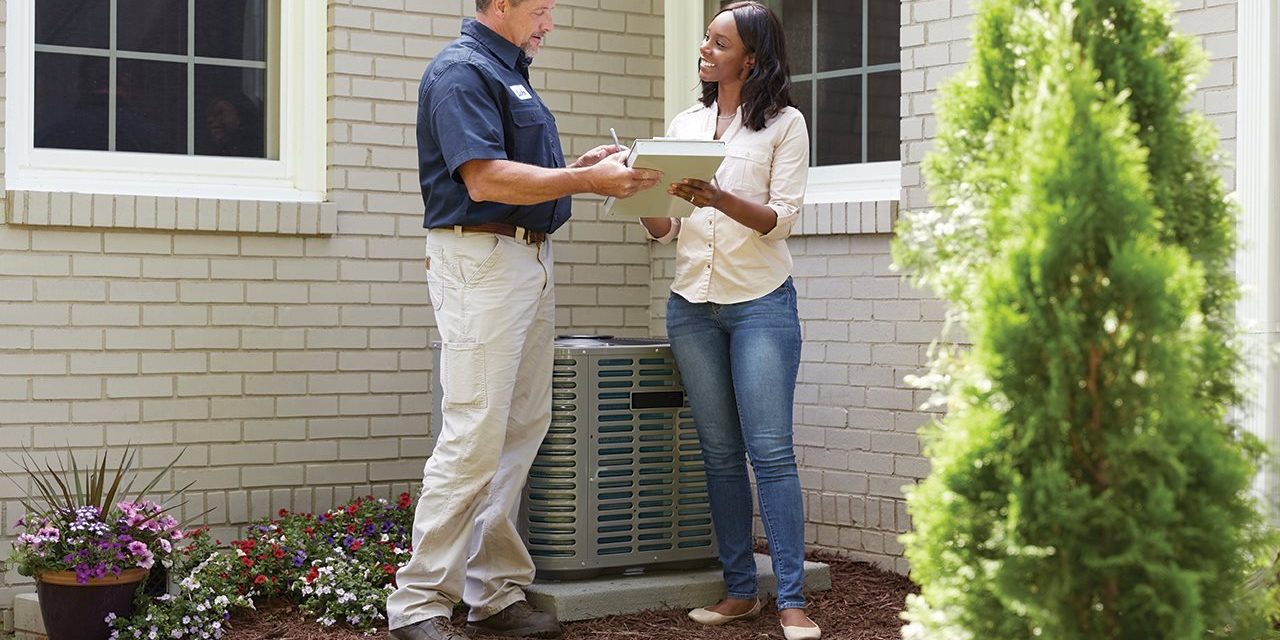
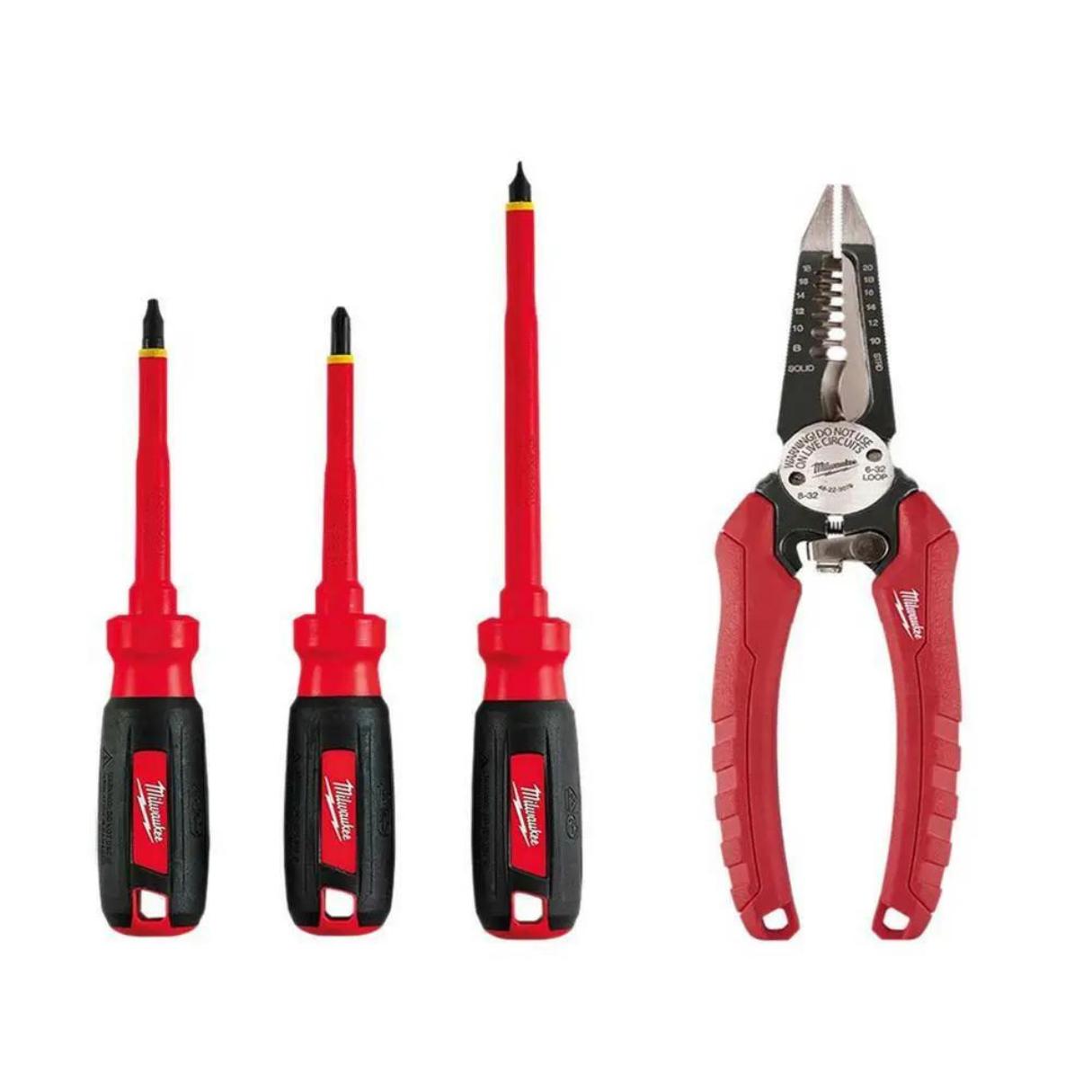
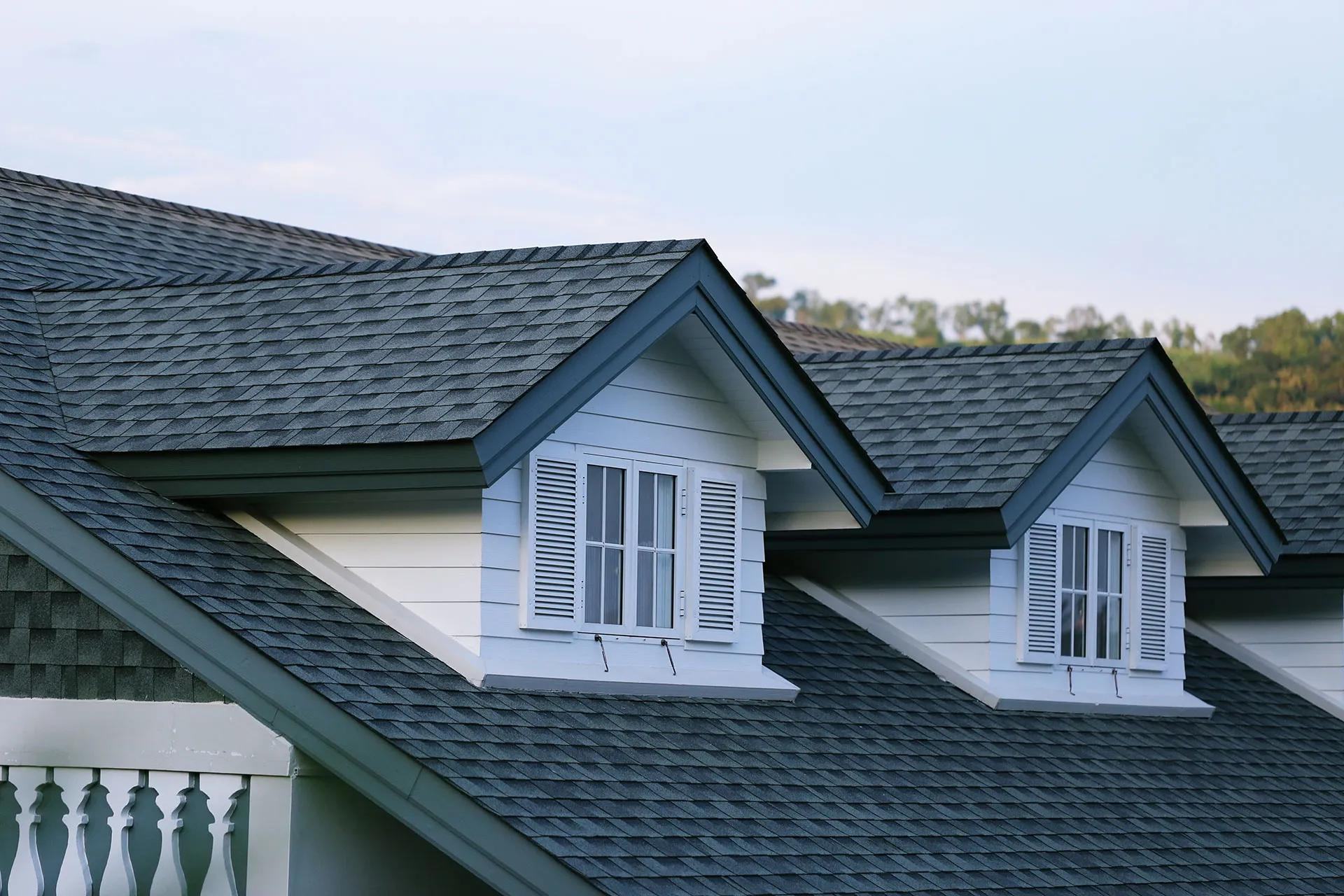
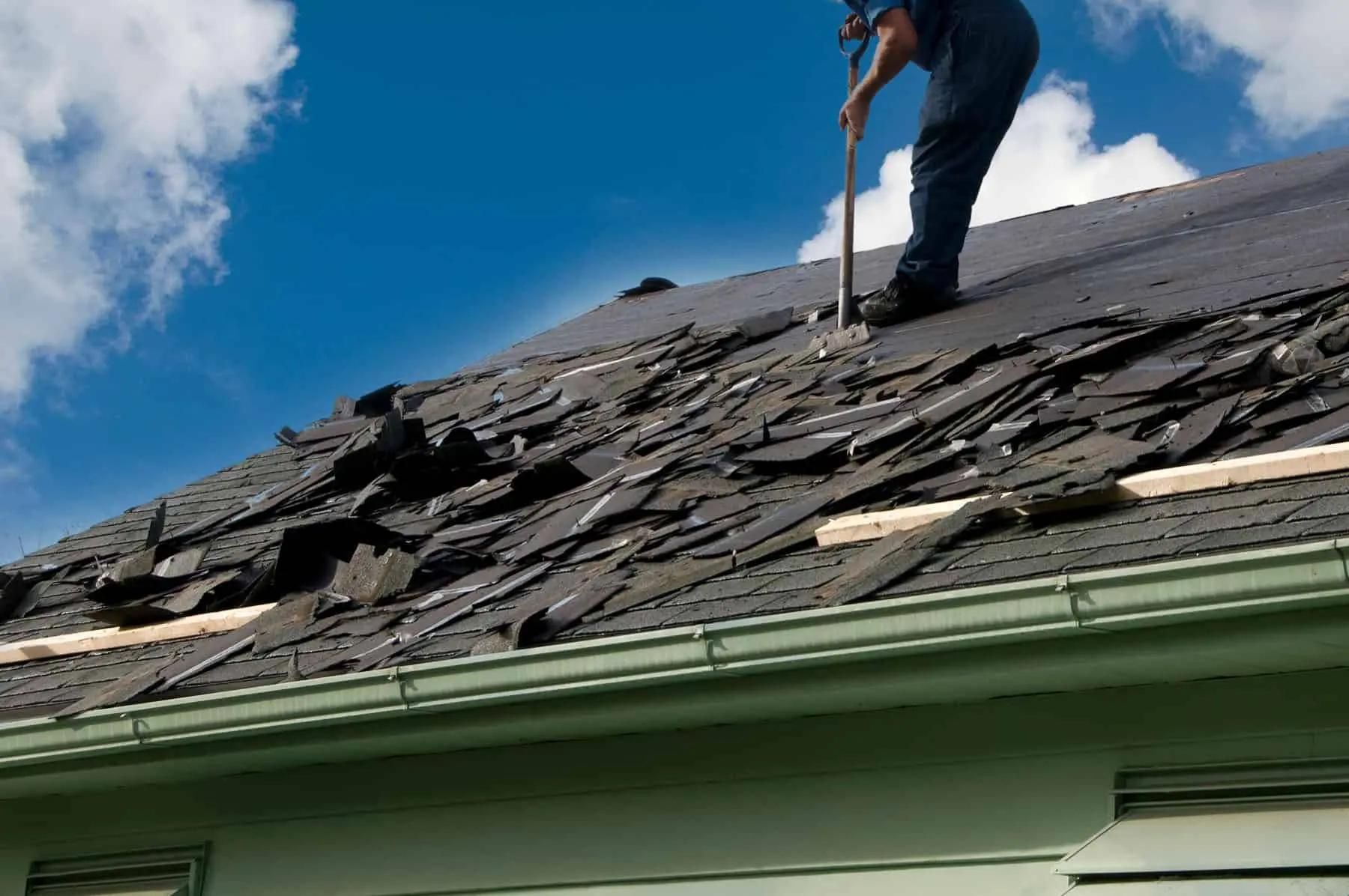

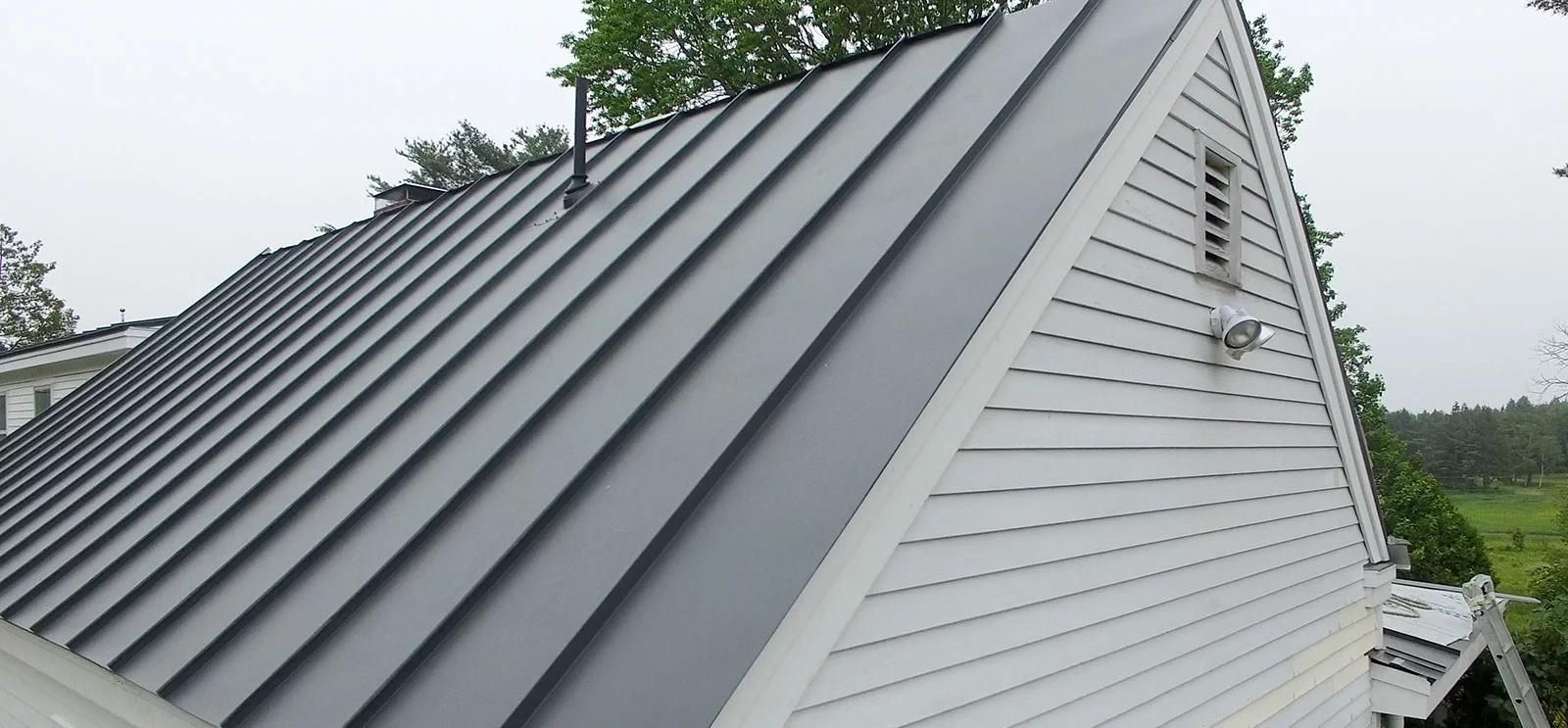
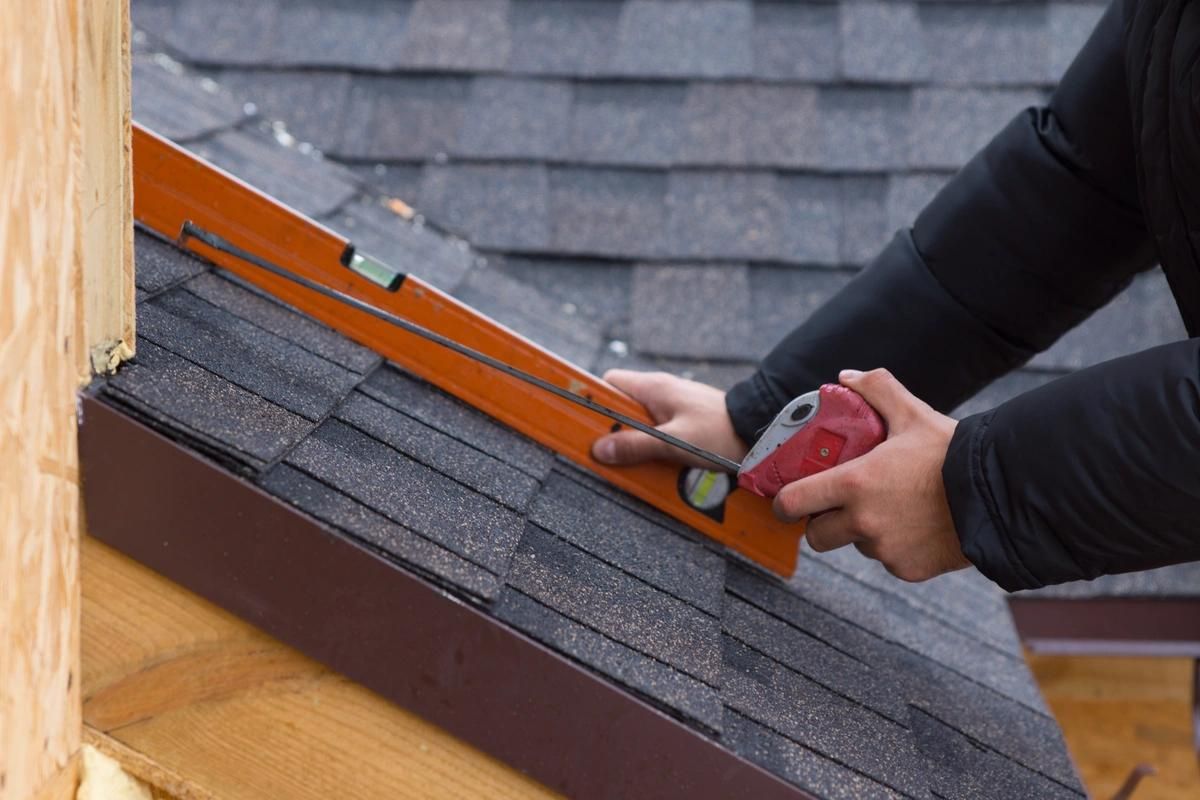

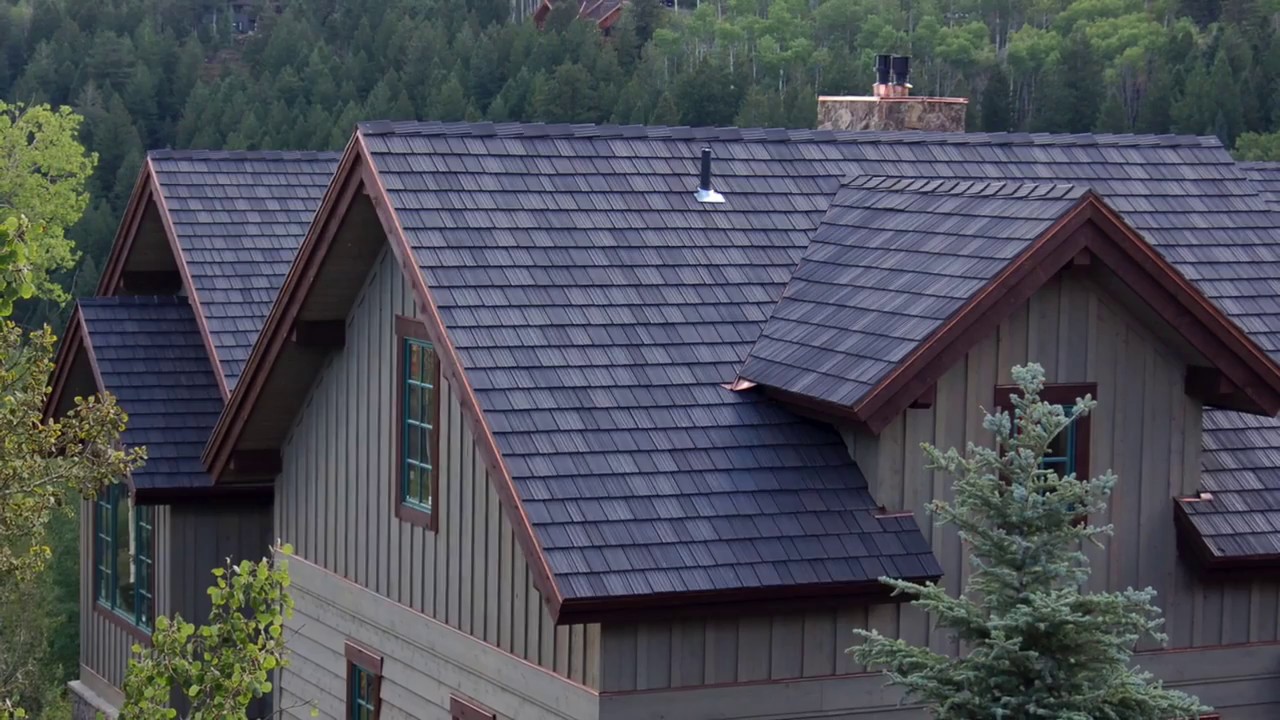
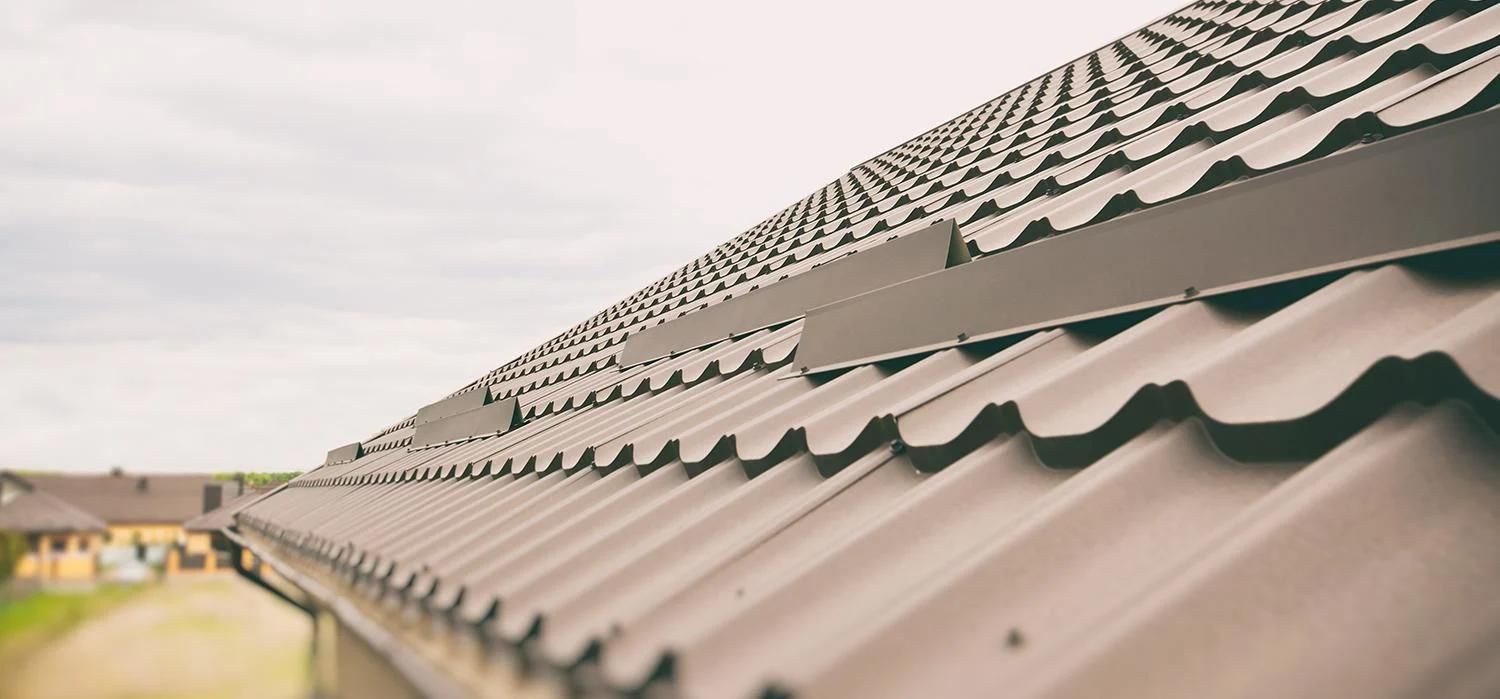
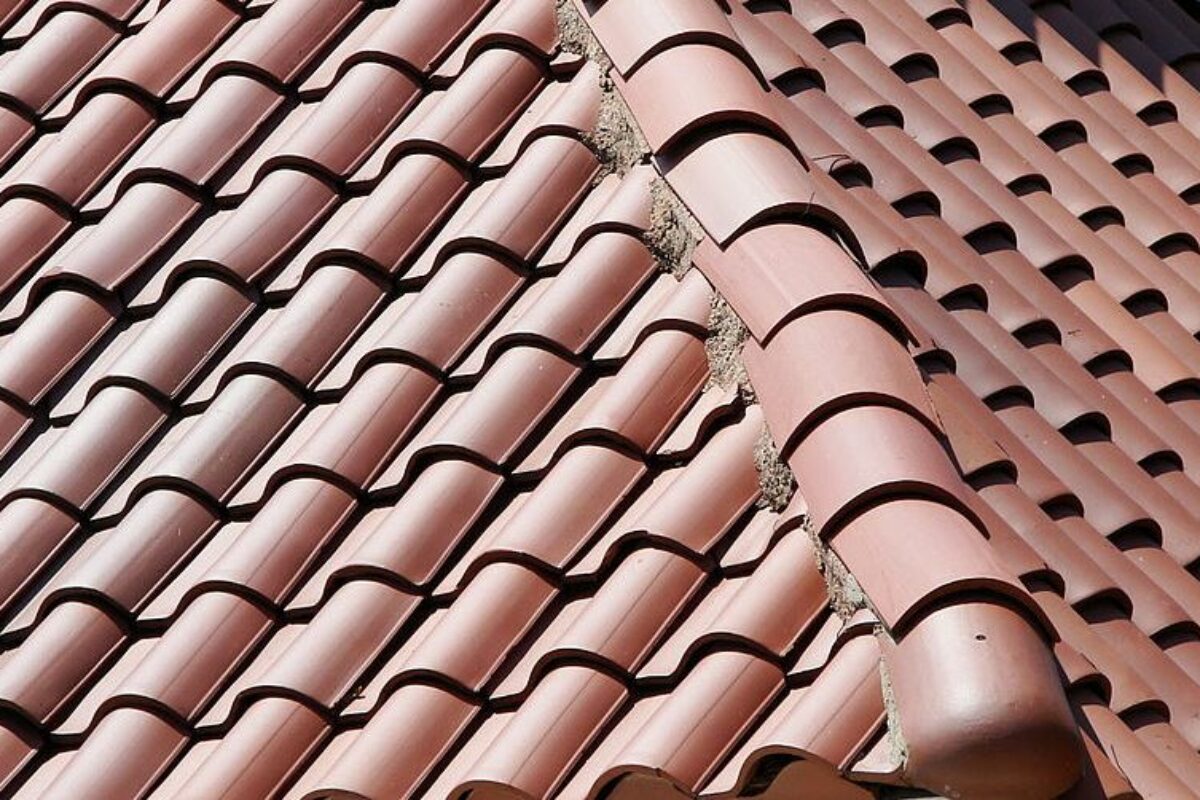


0 thoughts on “How Long Is A Roof Warranty”